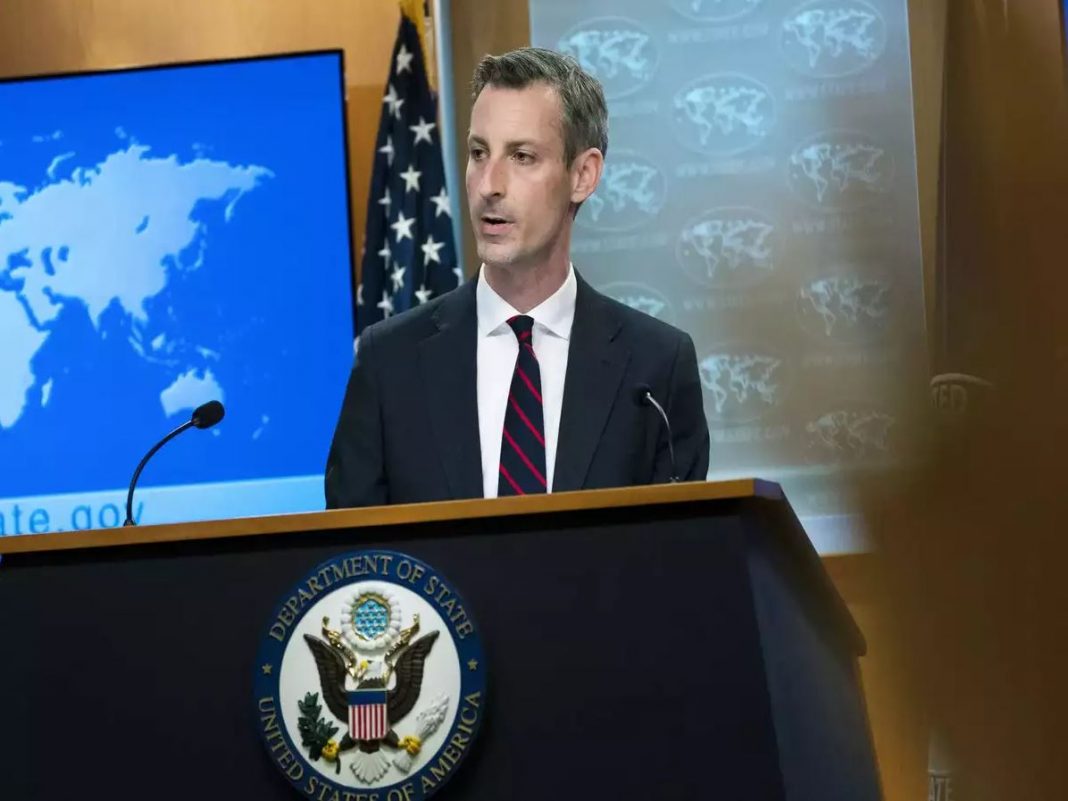Using its “leverage” with Russia, the United States is urging India to call out the country’s aggression towards Ukraine, while emphasising that the values behind the Quadrilateral, which is a rules-based international order, are universal.
It’s a geographical truth of life. Not that we are looking to do anything about that situation… It is our goal, whether in the context of India or other partners and allies around the world, “to speak out against this unjustified, premeditated aggression, calling for an end to the violence, and using the leverage that countries, such as India, have to achieve these goals,” said State Department spokesman Ned Price.
It was not the first time that US officials showed understanding regarding India’s relations with Russia and offered some leniency to New Delhi while seeking more cohesiveness in their efforts to compel Moscow to rein in its invasion of the country. ‘There are certain nations who, by virtue of their long-standing connections with the Russian Federation, will have in some respects even more power than countries that are closer to us,’ Price said.
The remarks came only days before Russian Foreign Minister Sergey Lavrov had discussions with his Indian colleague S Jaishankar and paid a phone call to Indian Prime Minister Narendra Modi, activities that drew widespread notice in US policy circles. While the Indian statement issued at the conclusion of the talks expressed implicit disapproval of Russia’s invasion, calling for, among other things, the respect of international law, the United Nations charter, and the territorial integrity of states, Washington held back on criticising the rupee-rouble trade proposals, despite warnings from a visiting US official that there would be “consequences” if the proposals were implemented.
Price’s statements regarding India’s position in the Quad, where New Delhi is pushing back against the broader remit for it that the United States, Japan, and Australia are currently seeking, were indicative of the divergences between the two sides. However, they are universal concepts that apply regardless of where you live… As a result, it is not in our best interests. It is not in the best interests of Japan. In Australia’s or India’s interests, it is not in either country’s interests to see glaring instances of governments breaking that rules-based international order, whether in Europe, whether in the Indo-Pacific, or anywhere in between,” Price said.

